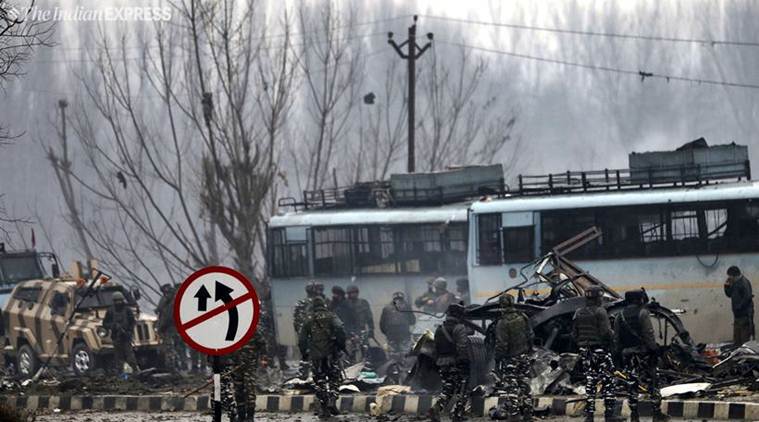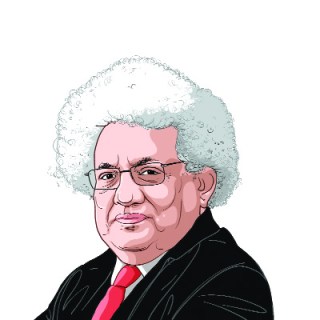Out of my mind: Our urgent need
In each of these attacks, India was unprepared. The intelligence agencies failed to foresee any of these threats. There appears to be no effective counter-terrorism machinery which could deal with a threat even if it was foreseen.

Even a week had not passed after the February 14 attack before politics resumed. Congress has charged the government with security lapses. There will no doubt be a lot more of this in the coming weeks. Even so, it is worth considering seriously why India remains a soft target for terrorism. This is not a party political issue. Just looking at the last 20 years under both the NDA and UPA, India has had the airplane hijack which compelled the release of Masood Azhar, the attack on Parliament, 26/11 and now 14/2.
In each of these attacks, India was unprepared. The intelligence agencies failed to foresee any of these threats. There appears to be no effective counter-terrorism machinery which could deal with a threat even if it was foreseen. There has been no response to any of those terror events. There is shock at the attack, remorse for the loss of lives, outpouring of anger for the enemy and of feeling for the victims, but nothing else. There is no sign of any learning behaviour which can reassure us that the next time it happens (and it will), the results will be any different.
This passivity is not just in the case of terrorist attacks. In the four encounters between the armies of Pakistan and India, except for 1971, the first move was by Pakistan — 1948, 1965 and Kargil. In 1965, Shastri changed the game by the counter-attack across the Punjab border. That apart, each time India was surprised.
It is time to ask whether this passivity is ingrained in the culture of the Army or the security forces or is it a political problem which makes the civilian authorities too cautious in giving the armed forces their lead. For decades, India followed Non-Alignment policies and paraded its moral superiority. The non-alignment was asymmetric since India was friendly with left-wing dictators and with the USSR. When the China conflict flared up, none of the Non-Alignment Movement allies were with India. Only Israel and the US who had been reviled over the years came to aid.
There is similarly a naive belief in the Ministry of External Affairs that the international community is a source of strength for India. Endless efforts have been made to have x or y declared as a terrorist by the UN, as if it would make the slightest difference to the behaviour of terrorist groups. The UN is a pretty weak body when it comes to commanding obedience. Get resolutions passed if you like, but do not believe they will do any good.
There has been some realism in recent years. India’s relations with the US have improved enormously and there is a mutual understanding about cooperation, if needed, by either side. India has a serious problem of its own security given two rival powers, Pakistan and China. India’s armed forces, brave as they are, are not up to date in training and equipment. Each order for arms purchase abroad leads to a hysterical political quarrel: about money than about fulfilling the defence requirements. As if money is the problem rather than security.
India does not have to be a moral leader. It has to be smart, tough and prepared to be secure.










.png)




























No hay comentarios:
Publicar un comentario